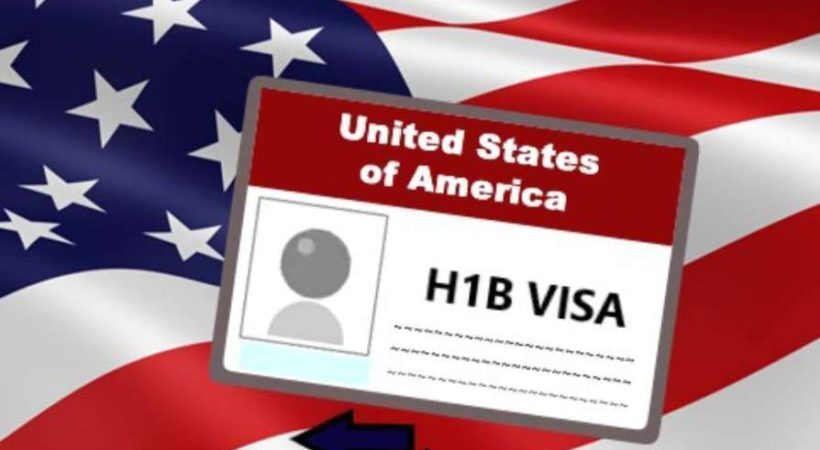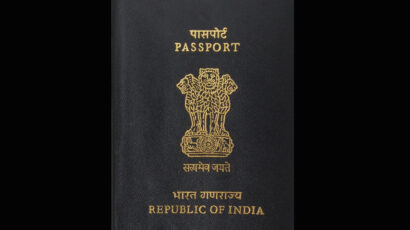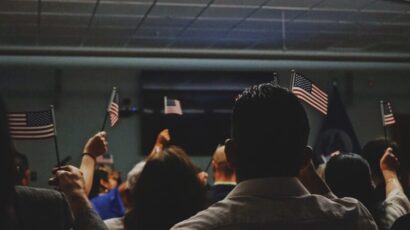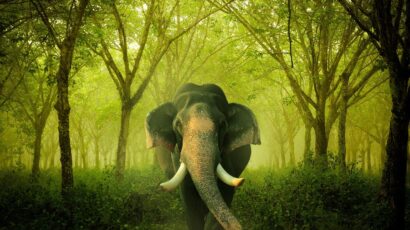Indian and Chinese group files lawsuit against lottery based H-1B visa selection process

A group of over 500 Indian and Chinese nationals has filed a lawsuit on Monday in the U.S against the Department of Homeland Security challenging the lottery based H-1B non-immigrant visa selection process.
According to the Economic Times, the petitioners had all applied for an H-1B visa for FY2022 but had not been selected by the random lottery process. All the petitioners hold a job offer from an American firm and several of them are already working in the US on an F-1 Optional Practical Training (OPT) which allows them to work in the US after they graduate from a US university.
The US Citizenship and Immigration Services (USCIS) had earlier announced that it had received over 300,000 applications for H-1B visas for the next fiscal starting October 2022. Over two-thirds of these are normally awarded to Indian nationals, with a large number of them working for American technology companies. In 2019, a new rule was introduced by the then Donald Trump administration requiring companies to register prospective applicants through an electronic filing process. While an individual prospective employer can only register a foreign national worker one time, there is no limit on the number of applications that can be filed for an individual foreign national by different employers, the report said.
The lawsuit said that the current process is stacked in favour of people who submit multiple applications as it improves the chances of their petition being selected. “The rules and regulations regarding the cap registration process currently permit foreign nationals to have a limitless number of registrations submitted on their behalf by multiple employers. This has led to an entire industry of so-called “H-1B consultancies” and phony employers who have exploited the flawed cap registration rules by charging prospective workers to file multiple registrations on their behalf, even when there is no bona fide job offer from a qualifying employer,” it said. Hence, individuals with multiple registrations have a considerably higher probability of being selected. “Plaintiffs in this action saw their probabilities of being selected in the fiscal year 2022 H-1B lottery significantly reduced due to this rampant fraud and abuse,” it said.
The petition has challenged the process saying that it violates the Administrative and Procedure Act and the Immigration and Nationality Act as the cap registration rules were created in excess of statutory authority. It also says that the cap registration rules are arbitrary and not in accordance with the law. It seeks that the H-1B H-1B cap registration and selection be implemented in a manner that it complies with the INA and limit registrations to one per applicant.
Since their petition hasn’t been selected, the petitioners will have to leave the US and return to their home countries in the case of those who are working there on an OPT, the Economic Times report said.















